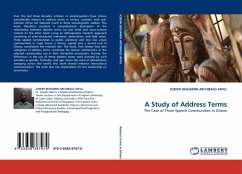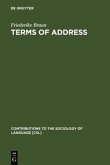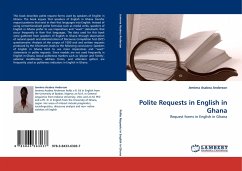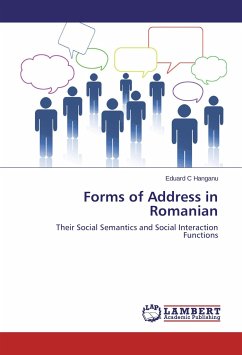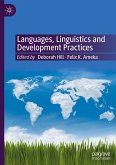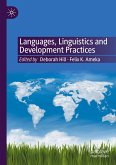Over the last three decades scholars in sociolinguistics have shown considerable interest in address terms in various contexts, with sub-Saharan Africa not featured much in these sociolinguistic studies. This book, therefore, presents a comprehensive description of the relationship between address terms on one hand and socio-cultural context on the other hand, using an ethnographic research approach consisting of semi-structured interviews, observation, and field notes. Three speech communities (a public university and two less urban communities) in Cape Coast, a former capital and a tourist hub in Ghana, constituted the research site. The book, first, shows that nine categories of address terms constitute the lexicon interlocutors in the selected communities use in their interactive encounters. Second, the differences in the use of these address terms were dictated by such variables as gender, formality, and age. Given the wave of globalization sweeping across the world, this work should enhance intercultural communication. The work also has implications for the scholarship on onosmatics.
Bitte wählen Sie Ihr Anliegen aus.
Rechnungen
Retourenschein anfordern
Bestellstatus
Storno

